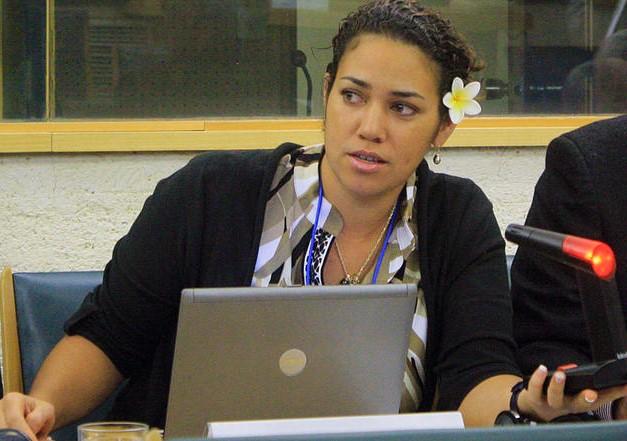UNSC Open Debate on Climate and Security
On 24 July 2020, the UN Security Council, under the presidency of Germany, held an open debate on climate and security. The main aim of this open debate, as stated in the concept note, was to encourage the Council to address climate-related security risks, identify current tools, partnerships and early warning capabilities to support the timely assessment of these risks to prevent conflict, and determine UN in-country resources to collect and provide information in a gender-sensitive manner.
Coral Pasisi.jpg

Coral Pasisi, Director of the Sustainable Pacific Consultancy, stressed on the impact of climate change on food security and livelihoods in the Pacific region. She highlighted that climate change threatens the maritime boundaries in the Pacific region, while also posing a threat to the blue economy by degrading coral reefs, fisheries and ocean ecosystems. Additionally, she added that communities in the Pacific region face forced migration and displacement due to climate change. She called on the Council to actively reverse the effects of climate change through the ambitious implementation of the Paris Agreement and address climate change by coordinating efforts, building on the risk assessment technology and mobilizing resources.
Debate Themes
The debate largely highlighted that climate change is a threat-multiplier, with most statements focussing on adherence to Paris Agreement and other international commitments, as well as the need for a climate-sensitive response in peacekeeping. Moreover, the geographical focus on climate change’s implications was on the Sahel region and the Small-Island Developing States (SIDS).
WILPF has published a full analysis of the debate, including coverage of the briefings and themes including gendered impact of climate change, youth and climate change and highlighted key gaps.
